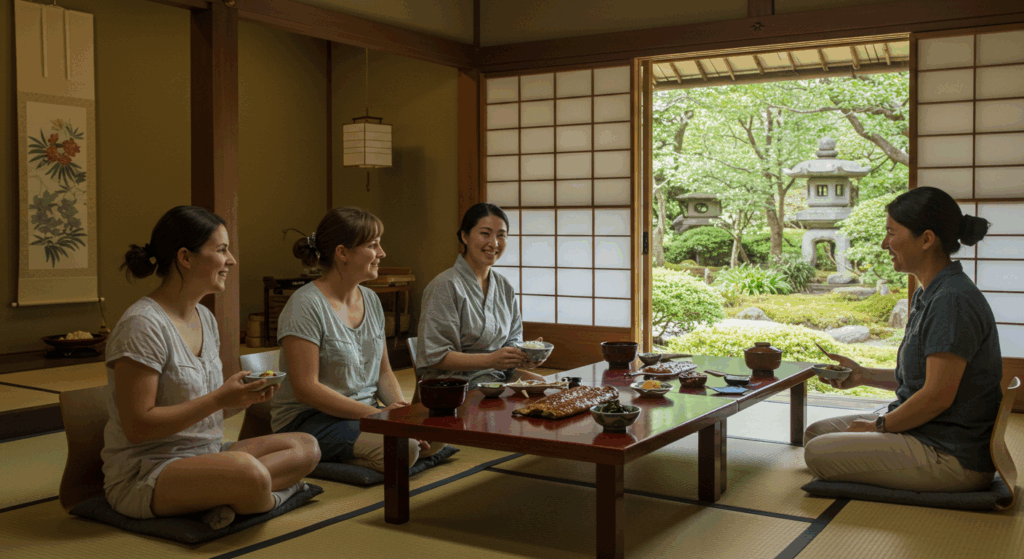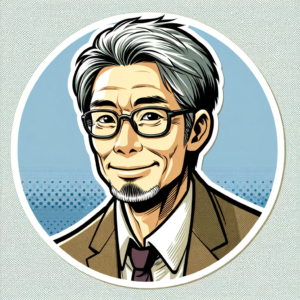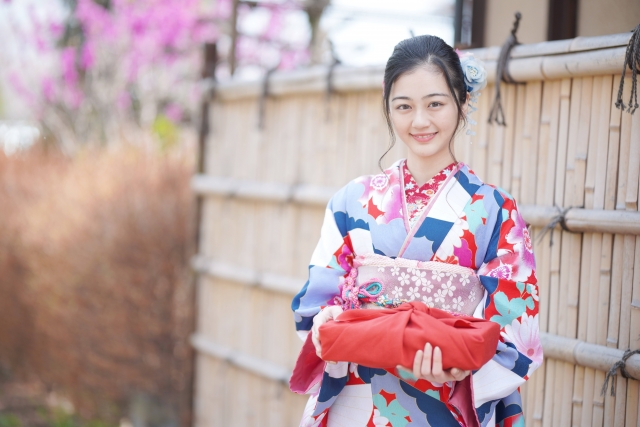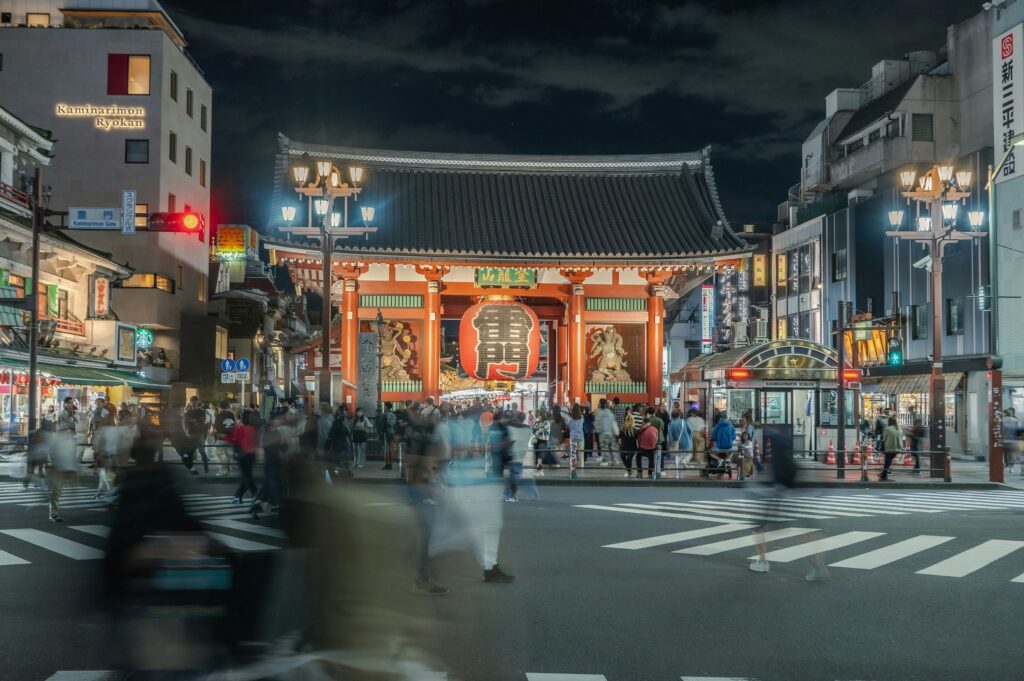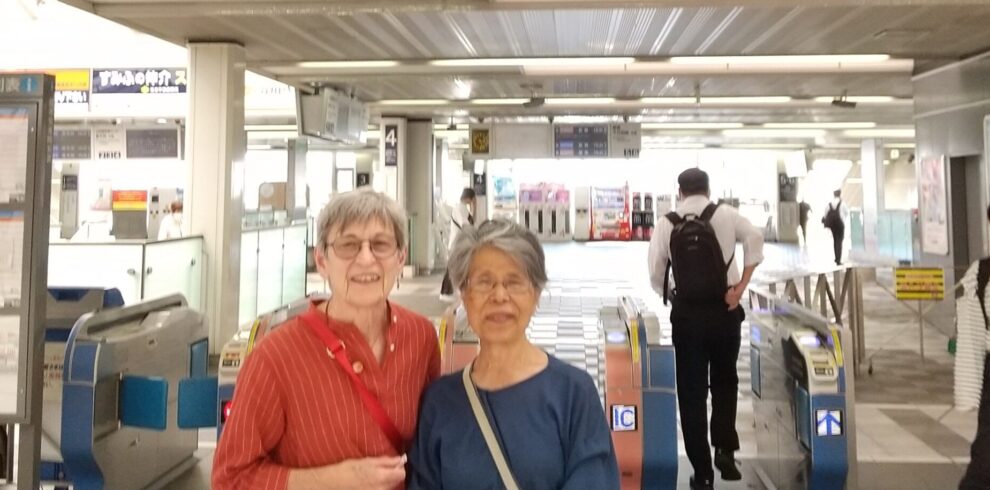Japanese is a language rich with cultural nuance, where even simple phrases carry deep meanings and social context. Whether you’re learning the language, working in a Japanese environment, or simply fascinated by the culture, understanding these everyday expressions can give you a deeper insight into how Japanese people think, interact, and show respect.
In this article, we’ve gathered 10 unique Japanese phrases commonly used in daily life and business (Part 2). Each one reflects the values of politeness, humility, and social harmony that are central to Japanese culture. Let’s explore the meaning behind these expressions and the situations where they’re typically used.
11. itadakimasu
Scene:
- Before you eat food
Explanation:
This is a traditional custom to express “Thanks” to the people who invited, the cook, and the food producer and the food itself.
12. gochisousama
Scene:
- When you say this phrase after eating the food.
Explanation:
This is also a Japanese phrase bearing with “itadakimau” to show “Thanks” to those involved in the dish.
13. mottainai
Scene:
- When you see someone throwing away something that is still usable, or food material.
Explanation:
This phrase was once spread to the world by Ms. Wangari Maa thai, Kenian Nobel Prize Winner.
14. okagesamade
Scene:
- When you have done something great, and people praise the achievement.
- When you or your family members recovered form serious matters.
Explanation:
This means “Thanks to it for your support.” Japanese people think something good is brought by the people around you.
15. otagaisama
Scene:
- When you help someone, who says thank you for your kindness.
Explanation:
This phrase means, “Don’t mind! We live depending on each other.” Japanese people have strong thoughtful mind to others.
These 5 Japanese expressions are more than just words—they’re reflections of a culture that values respect, gratitude, and interpersonal connection. From the workplace to the dinner table, these phrases help build harmony and show appreciation in everyday life. By learning and using them, you’ll not only improve your Japanese skills but also deepen your understanding of what makes Japanese culture so unique. Whether you’re planning a trip to Japan, working with Japanese colleagues, or studying the language, incorporating these expressions into your conversations will leave a thoughtful and lasting impression.

